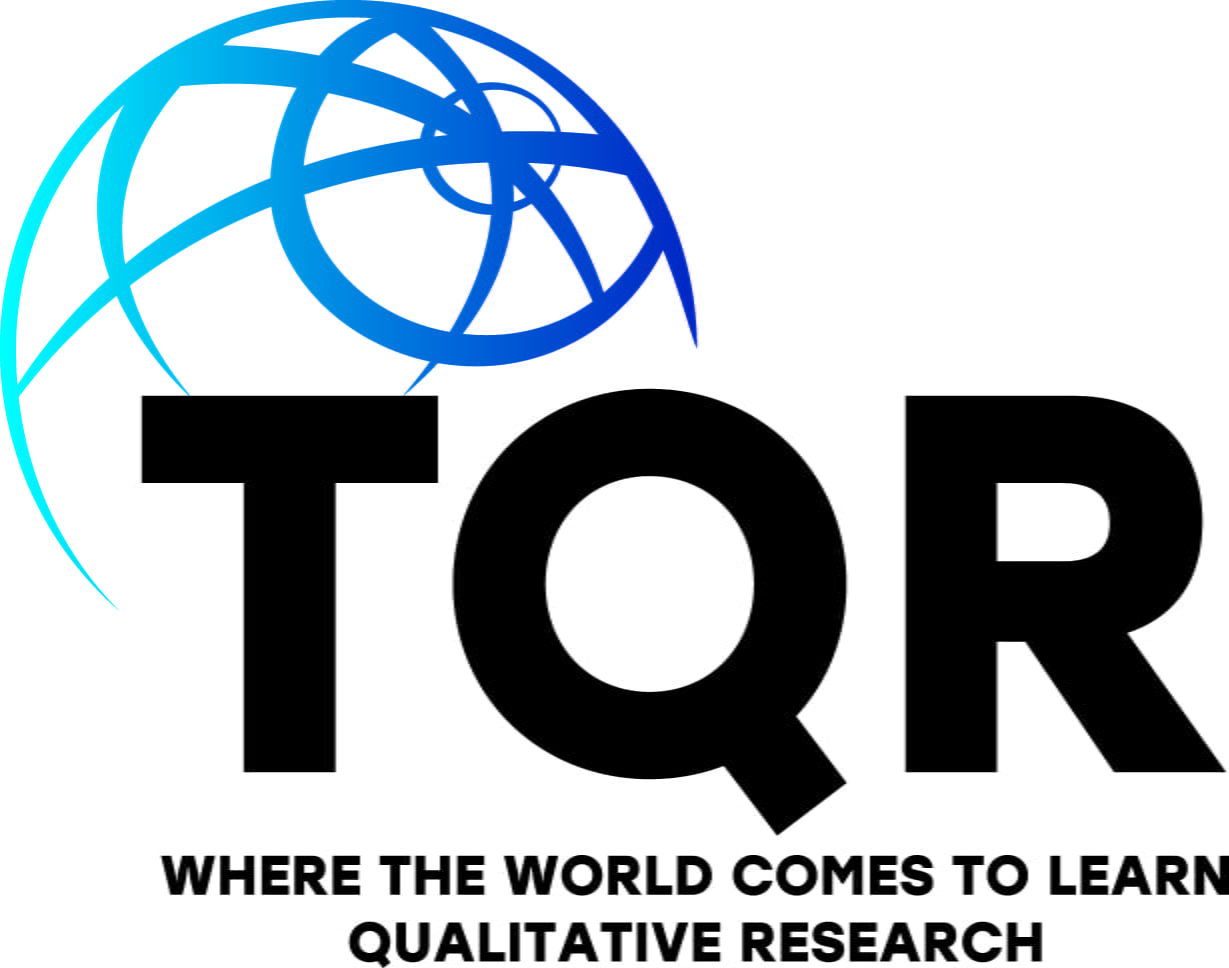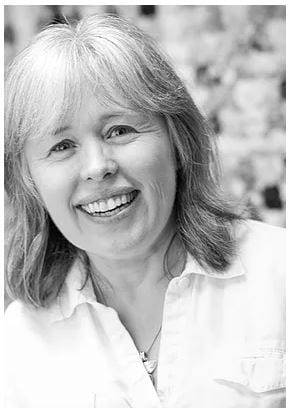Kathryn J. Roulston
Professor & Program Coordinator
Kathryn Roulston is Professor in the Qualitative Research Program in the College of Education at the University of Georgia in Athens, Georgia, USA where she teaches qualitative research methods. Her research interests include qualitative research methods, teaching qualitative methods, qualitative interviewing, and analyses of talk-in-interaction. She is author of Reflective interviewing: A guide to theory and practice (2010), and is currently working on an edited book that examines how interview data are co-constructed. She has contributed chapters to The SAGE handbook of interview research: The complexity of the craft (2012, 2nd ed.), The SAGE Handbook of Qualitative Data Analysis (2014), The SAGE Handbook of Data Collection (2018) as well as articles to Qualitative Research, Qualitative Inquiry, International Journal of Research and Method in Education, LEARNing Landscapes, Art/Research International: A Transdisciplinary Journal, Qualitative Research Journal and other journals. In her spare time, she loves making things, and has an interest in spinning, weaving and hand-dying.
Keynote Presentation
Preparing researchers to conduct interdisciplinary, multi-method qualitative research
This address sketches ideas for how qualitative research methods might be taught in ways that value difference, promote dialogue, and encourage graduates to engage actively in their disciplines to promote the benefits of qualitative inquiry, locally, nationally and globally. I argue for approaches to teach qualitative inquiry in ways that value (1) interdisciplinarity, in that teaching draws on multiple epistemologies and theoretical approaches to inquiry developed across disciplines; (2) diversity in methodological approaches, in that teaching supports multiple methods that are continually subject to revision, innovation, and critical analysis; and (3) the knowledge and experiences that students bring to the classroom. The purpose of such an approach to teaching qualitative research is to facilitate spaces where students can grow into capable researchers who are multilingual in theory and methods and communicate across differences locally, nationally and globally. This is not easy work, and I present several issues that we might consider in the teaching of qualitative inquiry. These include recognizing the emotional component in learning qualitative inquiry, experimenting with boundary crossing, moving from prescriptions to ambiguity, designing rigorous qualitative inquiry, dealing with change, and learning to speak to multiple audiences.

